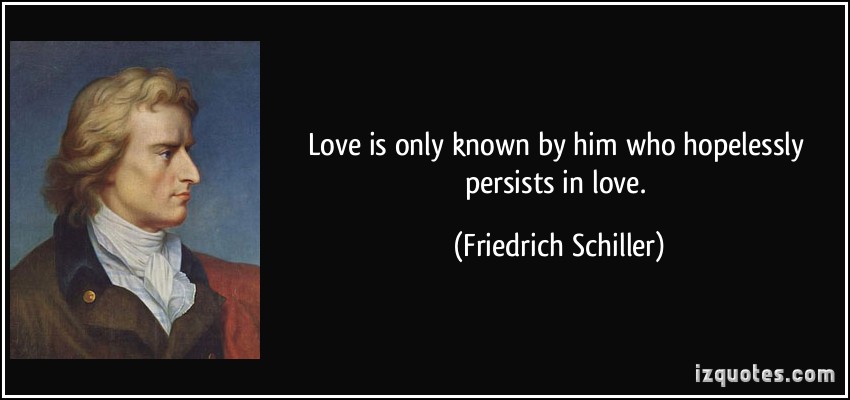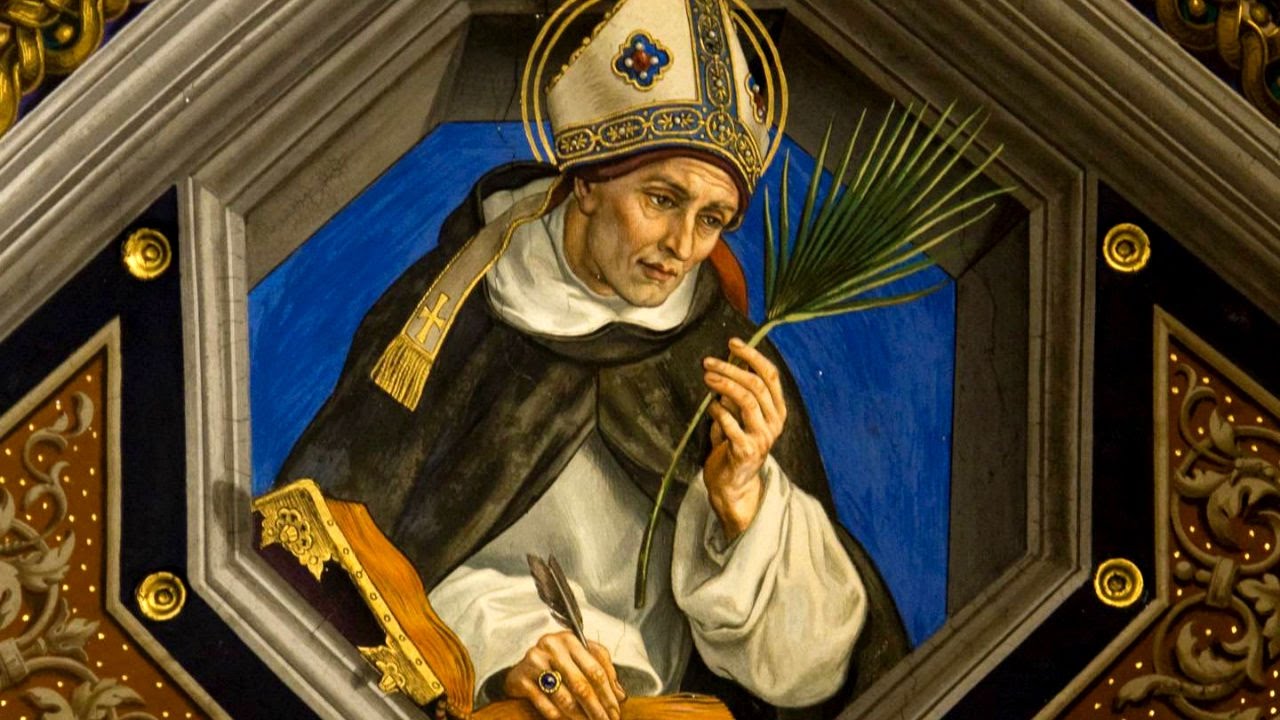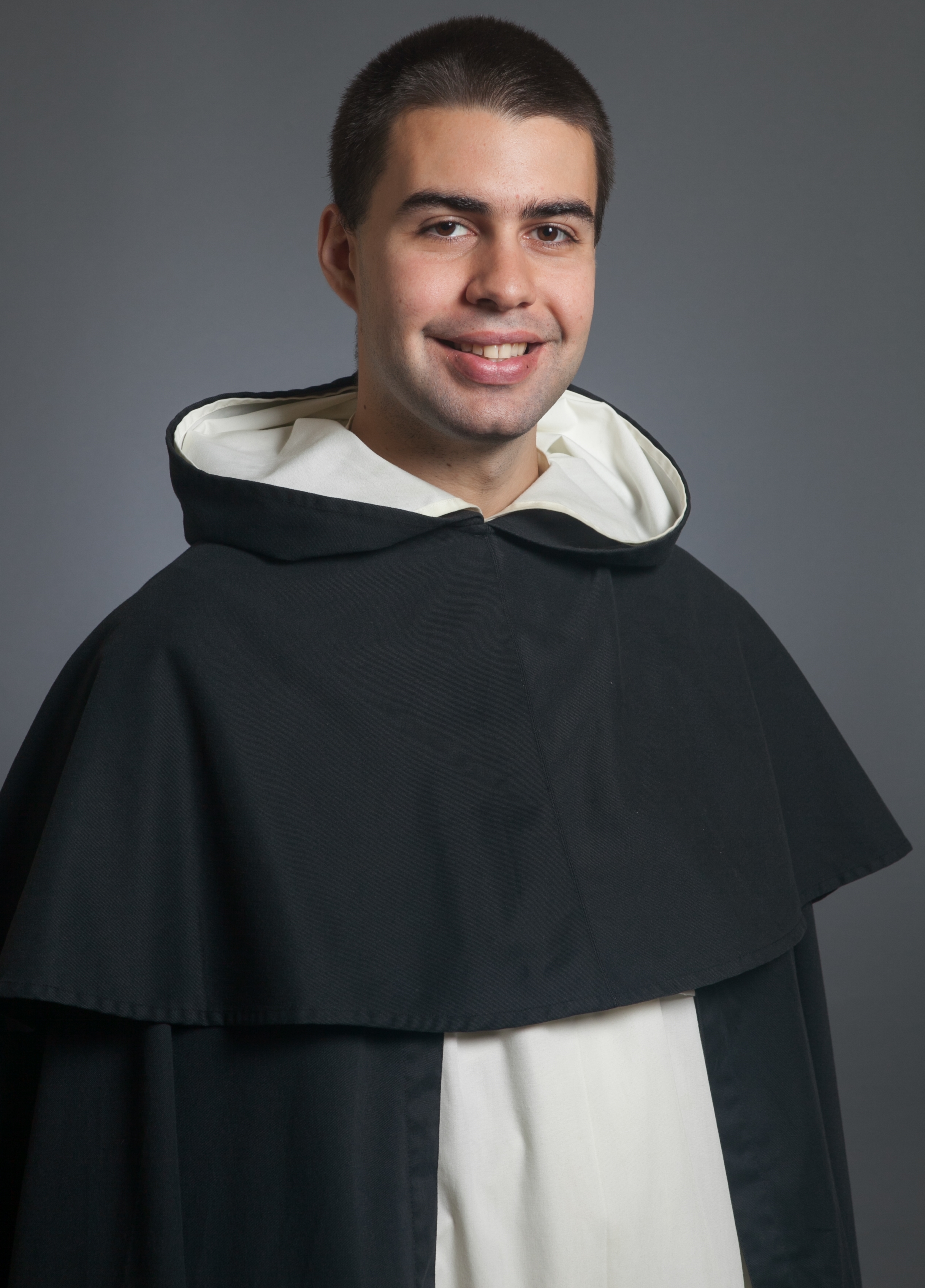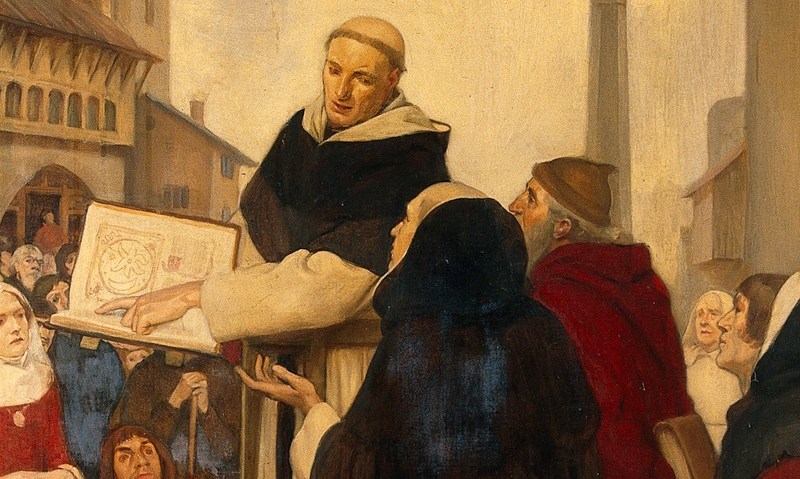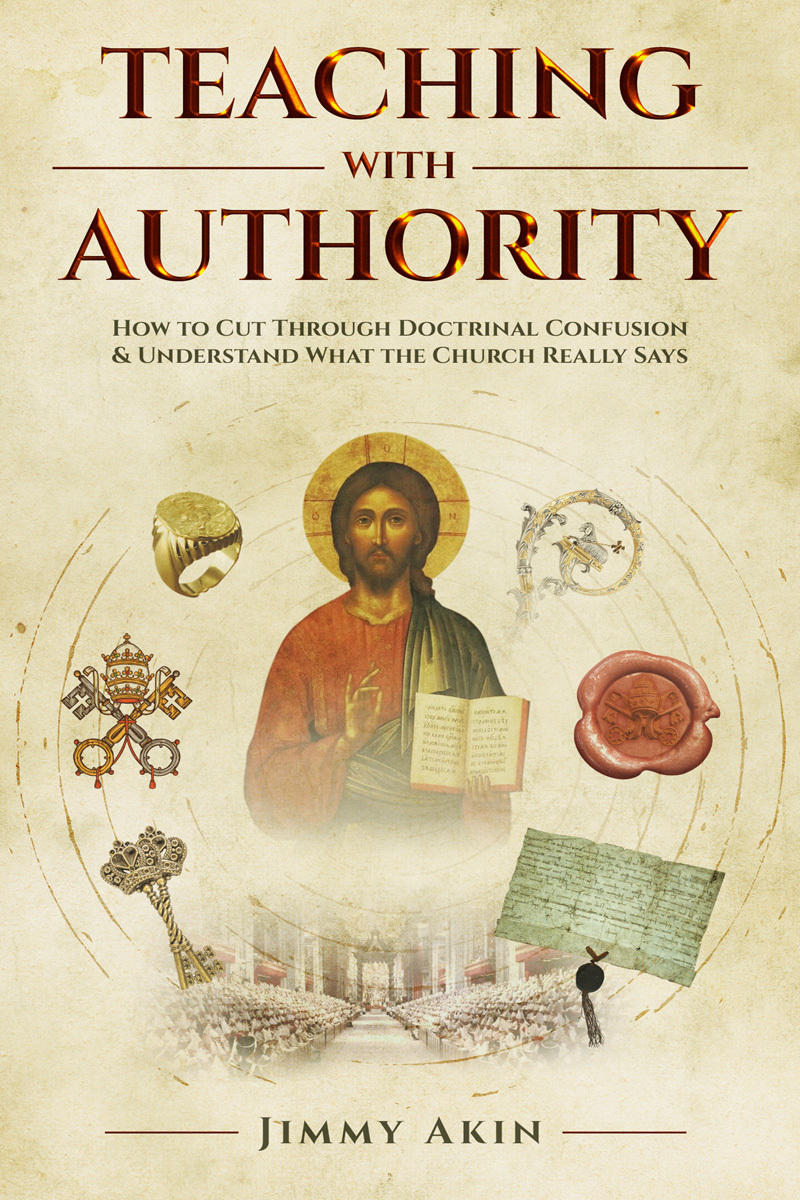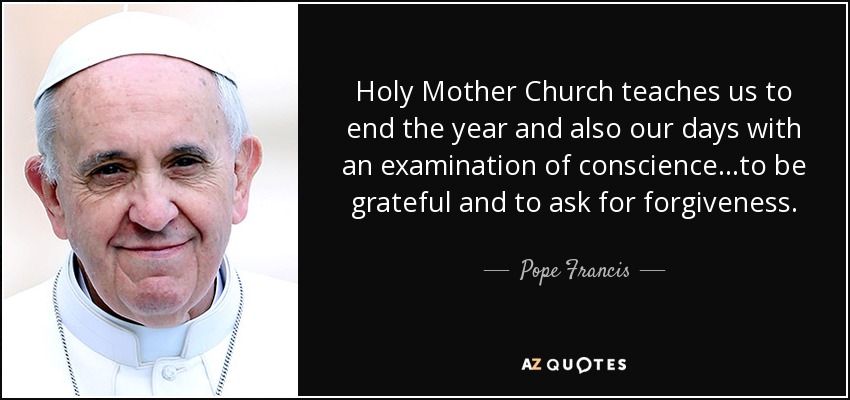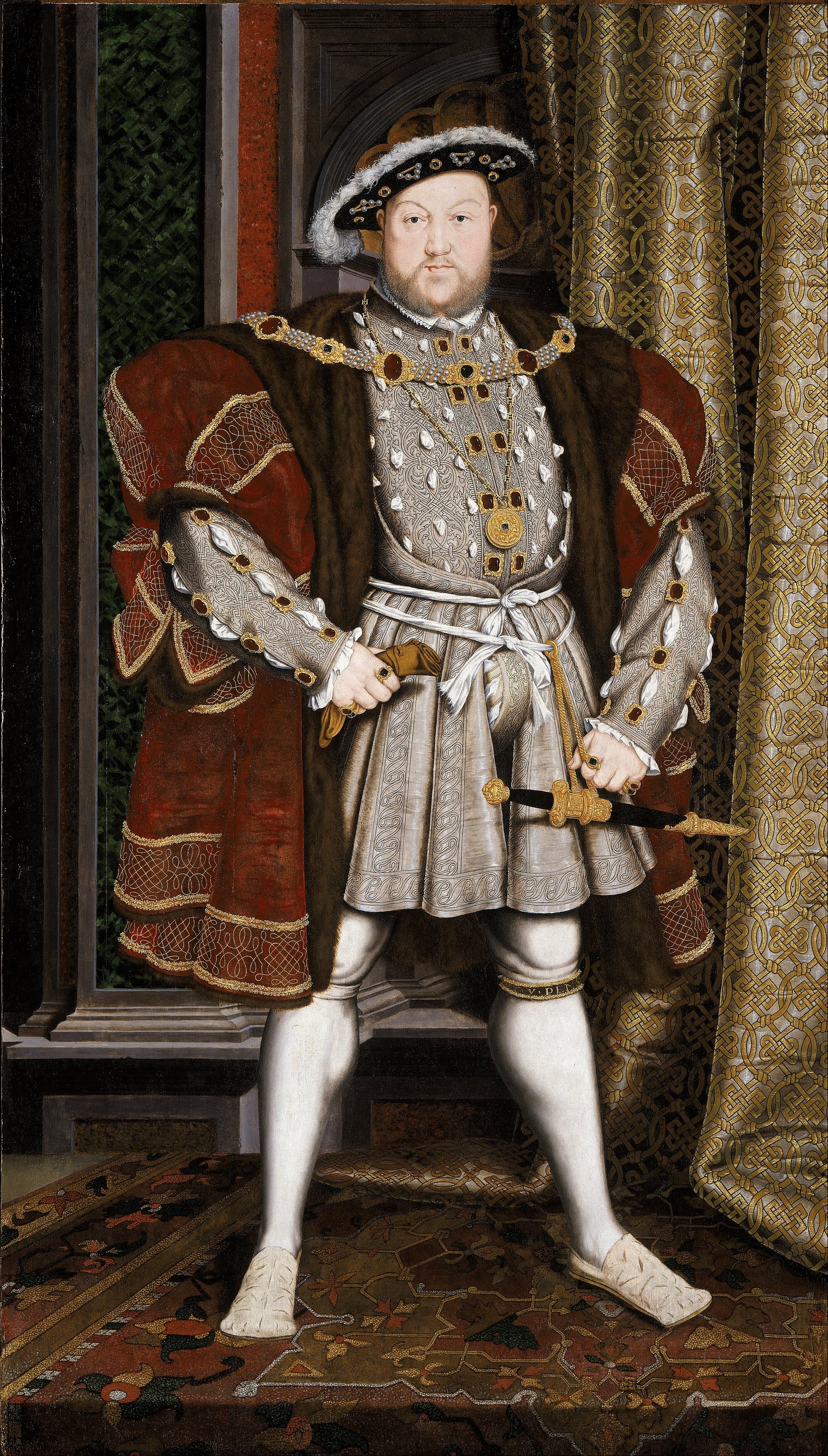
-the founder, by Hans Holbein the Younger, 1537–1547

-by Dave Armstrong
I. The Dilemma of Competing Ecclesiologies: the Visible vs. the Invisible Church
If Anglicans have any sort of notion of “indefectibility” — whereby the true Christian Church (or a valid portion of the universal catholic church, etc.) cannot and will not fall into rank heresy; being protected by the Holy Spirit, then it would be quite difficult for traditionalist Anglicans to square that concept with what is happening in liberal Anglican and Episcopalian circles today.
If one takes a view of the Christian Church that it is a visible, historical institution, then indefectibility would seem to follow as a matter of course. Or one can take an alternate view of the “invisible church,” which is the route of most non-Anglican Protestants, but then (in my opinion) historical continuity, apostolicity, and legitimate apostolic Tradition lose some of their authoritativeness and binding nature.
The presence of heresy and ethical departure from Christian precedent raises troubling questions as to the apostolicity and legitimacy of visible, institutional churches. But the breakaway Anglican communions have to deal with the schismatic principle: i.e., how can they break away and form a new sect without this doing harm to the notion of “one holy catholic and apostolic church” and the apostolic continuity (or, “indefectibility”) of the “mother church”?
In other words, I think (orthodox, traditional) Anglicans have a real dilemma here, since to accept the more institutional, “visible” view of ecclesiology is to be confronted with clear heresy and departure from Christian Tradition, while breaking away, on the other hand, creates the difficulty of a de facto acceptance of the Protestant “invisible church” framework and hence, the actuality or potentiality of yet another schism. So the orthodox Anglican is “betwixt and between” two incompatible forms of ecclesiology, with no easy resolution to either problem.
Anglicanism seems to me to foster an incoherent mixing of low Protestant invisible church beliefs and apostolic succession, which I understand is the mainstream Anglican position. It’s neither “fish nor fowl.” Better (logically speaking) to be either . . .
The Anglican Thirty-Nine Articles of 1571 state:
XIX. The visible Church of Christ is the congregation of faithful men in which the pure Word of God is preached and the Sacraments be duly ministered according to Christ’s ordinance in all things that of necessity are requisite to the same.
So the Church is visible. If one adopts visibility and “institutionality” as ecclesiological criteria, then the dilemma or difficulty arises, because that is in distinction to the invisible church notion of mainstream Protestantism. But Anglicans (i.e., orthodox ones) seem to be in a catch-22 here, granting the above standard of the nature of the Church.
But then again, I suppose the above might be interpreted in the “invisible” fashion. To me, it is potentially as nebulous and malleable as any Baptist or Reformed Creed or Confession or official denominational statement, etc.
This business of “the congregation of faithful men in which the pure Word of God is preached” is full of interpretational difficulties. It reads great, but it is extremely difficult to consistently apply. If the Church is merely every “faithful” man, then surely this is the invisible church, rather than the visible, since in the institutional Church, the wheat and the tares grow up together, as Christ tells us. There are sinners in the Church. That is abundantly clear in Paul’s letters to the Galatians and Corinthians, and the seven churches in Revelation, among other biblical indications.
And what is the “pure Word of God”? Given the squabbles in Anglicanism, it seems that this is not so simple of a matter to determine. There are no Ecumenical Councils to resolve it, and of course no pope. If it were that simple, then many things in Anglicanism would have long since been determined, and the current civil war would be a lot less serious than it is. But if the “Church” consists of all the faithful, who hear the Pure Word, then I dare say that there isn’t a single congregation in the world, of any trinitarian Christian stripe, which qualifies. So — with all due respect — I contend that the above statement is hopelessly incoherent.
I have faith that my Church is divinely protected, just as most committed, devout, practicing Christians of any stripe have faith that God preserved the Bible from error, and inspired it. One is no more implausible than the other, in my opinion. And just as there are thorny exegetical and hermeneutical and textual difficulties in Scripture to be worked through and mulled over, so there are in Church history. But that need not cause anyone to despair that God is able to protect His Sacred Tradition and His Church and orthodoxy inviolate.
That’s why I’ve always said that Protestants seem to have a lack of faith in what God can and will do. I believe this even has a relationship – however remote – to the Incarnation. God became a Man and so raised humanity to previous untold heights (I’ve actually written about deification and theosis — usually Orthodox emphases — in my second book). Likewise, if God created a Church which is at bottom a divine institution: His institution, is it not plausible to believe in faith that He can protect that institution from doctrinal error? Yet Protestants and (many?) Anglicans want to adopt an “invisible” notion of the Church, which I find to be utterly unbiblical and non-apostolic.
Indefectibility follows from the “self-confidence” of each Church’s Creed and how binding they claim to be; also based on certain statements of Jesus and the Apostles whereby we are led to believe that the true Church would not fall into heresy, as there is a true and false tradition. That is certainly how St. Paul views the matter. For him it is quite cut-and-dried. God is able in fact to maintain pure doctrine. He is not able to maintain pure human beings, because He has allowed free will and the freedom to rebel against Him and righteousness. But doctrinal and ethical truth and orthodoxy – not having free will – are possible for an omnipotent, sovereign Being to uphold, even in a human institution.
Abuse and institutionalization of error are vastly different. Catholic theological and moral doctrine has not changed. Anglican doctrine has: on contraception, on divorce, on abortion, on homosexuality, and any number of other issues. So the traditionalists among them have formed breakaway communions. Their motives are certainly pure, but this doesn’t solve their ecclesiological problem. They’re still applying the Protestant principles of schism and private judgment, and this clashes with the nature of the Church as expressed in the Nicene Creed.
Be that as it may, I see internal inconsistency in how Anglicans are applying the term “church” – an arbitrary switching back and forth between invisible and visible definitions, which I think is improper and illogical. There is a sense in which an invisible or mystical church is properly spoken of, but for those who accept apostolic succession, this can never undermine in the least a visible, institutional church.
II. Anglican “Messiness”: Glory or Tragedy?
More than one Anglican has told me that they “glory” in Anglican “messiness” — i.e., the fact that not all dogmas are infallibly declared, but that the individual can choose among options. They seem to view this as an admirable moderation or restraint, free from the excesses of “Rome.” But where do we find the desirability of “messiness” in Holy Scripture? We find messiness in the early Church, surely (all over the place), but what we never find is commendation for such “messiness,” as if it were a good thing.
What we find, on the contrary, are condemnations of this in the strongest possible terms, from both St. Paul (in places too numerous to mention) and Our Lord Jesus (e.g., John 17). So this approach is somewhat baffling, from a strictly scriptural point of view. Are we to glory in human shortcomings rather than divine ideals and goals and biblical prescriptions? This strikes me — with all due respect — as C. S. Lewis’s “Mere Christianity” taken to an extreme.
If I may be so brash as to speculate: the tendency of Anglicanism to perpetually divide itself into parties in many ways mutually exclusive (thus allowing a natural inroads to the modernist with few scruples and little historical sense of orthodoxy), is ultimately doctrinal relativism. It isn’t like Dominicans, Jesuits, and Benedictines in the Catholic Church, since those are primarily differences in spiritual approach and liturgy, rather than fundamental theology and ethics.
Messiness has struck the Catholic Church too, because of the gift of modernism that was born and bred in Protestant ranks and bequeathed to us. But we regard this “messiness” as a bad thing, as a distortion and co-opting of the orthodox Vatican II, whereas so many Anglicans “glory” in it. Strange: traditionalist Anglicans fight the liberals on the one hand, yet revel in theological diversity and relativism on the other. Relativism and a body of truth more than one and indivisible is an absolutely unbiblical concept.
The Church is what it is, because the apostolic deposit was what it was and is. Unity exists insofar as Christians accept this deposit and submit themselves to it. But of course Anglicans and Catholics have arguments as to the nature of the initial Tradition handed down to us by the Apostles. The thing to do is to determine what the Apostles believed and to conform ourselves to those beliefs. But one must necessarily take into account the place of development of doctrine, as well. I think development is the key for understanding the non-essential differences in doctrines from the time of the Apostles to our time, and the key for Protestants to understand the ostensible “growth” of doctrine in Catholicism (what is usually termed “[unbiblical] excess” or “corruption.”
It was even stated by one Anglican with whom I dialogued, that this “messiness” had “humility“as its root.” I fail to comprehend this thinking. How is it a lack of humility (as it seems to me this person was perhaps subtly implying) to simply acknowledge that certain things are true, as passed down by an authoritative Christian body, be it Anglican, Orthodox, Catholic, Lutheran, or Reformed? And how is it “humble” merely to accept the notion that large areas of ethics and doctrine should be left up to choice and a sort of “majority vote” – which I would call a de facto relativism? If I were to choose, I would say that it is arguably far less humble to feel that one can pick and choose Christian truths, rather than submitting in obedience and faith to whatever brand of Christianity they adhere to. This gets into the rather complicated argument about private judgment.
III. The Via Media: the Attempted and Sought-After “Middle Way” of Anglicanism
The Anglican concept of the Via Media is regarded as a “middle way” between Protestantism and (Roman) Catholicism. Cardinal Newman disputed this understanding with great force (I think, compellingly) in his Essay on the Development of Christian Doctrine and Apologia pro vita sua, but the perspective is still very much with us today.
What fascinates me about this Via Media approach is: by what means does one arrive at it? What are its first premises, and where do they come from? Is it in the Bible? If so, where? Is this strain of thought present in the Church Fathers? For my part, I would suspect that it is ultimately (in terms of history of ideas) a product of Renaissance nominalism, sola Scriptura, and the negative influences of post-“Enlightenment” philosophical thought. I could just as easily make a case that certain secular philosophical influences have brought Anglicans to this juncture where they think in these terms in the first place, so that they are just as beholden to philosophy as we are with our Thomistic “baptized” Aristotelianism (as they sometimes criticize us).
Catholics are in no way, shape, or form, reducing mysteries to merely intellectual constructs. We bow before the mysteries; we marvel at them. Are Marian apparitions, e.g., instances of a “dominance of intellect”? Yet some of them (notably, Fatima and Lourdes) are accepted at the very highest levels of the Church, and all of our greatest thinkers (e.g., Aquinas, Augustine, Newman, the present pope) had or have a great devotion to the Blessed Virgin.
It’s not either/or. We value mind and heart, mysticism and systematic theology, orthodoxy and orthopraxis, experience and the pondering of the intricacies of dogma. Our greatest saints are always combinations of these traits and emphases. I say that our “both/and” approach is the truest kind of Via Media: a refusal to create false dichotomies, and to accept all the different aspects of faith, all the while not relegating dogmas to majority vote and “secondary doctrines.” As Chesterton observed:
The Church is from the first a thing holding its own position and point of view, quite apart from the accidents and anarchies of its age. That is why it deals blows impartially right and left, at the pessimism of the Manichean or the optimism of the Pelagian. It was not a Manichean movement because it was not a movement at all. It was not an official fashion because it was not a fashion at all. It was something that could coincide with movements and fashions, could control them and could survive them. (The Everlasting Man, Garden City, New York: Doubleday Image, 1925, 228)
If the Via Media is such an attractive and distinguishing trait, then surely it can be found in the Bible and the Fathers and the early Councils, right? Anglicans also value those sources very highly, so it seems to me that if this notion of Via Media cannot be found there, then Anglicanism has a problem of internal incoherence once again — and a rather serious one at that.
Cardinal Newman, in his criticism of the Via Media in his Apologia, argued that the “middle position” between so-called extremes was also heretical. If one takes a position between 4th-century Catholicism and Arianism, one is not a “Via Media Christian.” That person is a Semi-Arian. By pressing various analogies like this, Newman was led to the realization where he wrote (famously): “I looked in the mirror and I was a Monophysite.”
Again, I ask Anglicans (with perfect sincerity and curiosity): where in the Bible or the Fathers or Councils do you find the scenario of always seeking a “middle way” between two other parties? What was the equivalent in the Ancient Church of the Anglican Via Media? I suppose Anglicans could argue that the ancient Catholic Church was closer to present-day Anglicanism than to present-day Catholicism, but that would take an awful lot of arguing to be persuasive. To offer two quick examples: where are, e.g., the analogies to the Council of Chalcedon and Pope Leo the Great in Anglicanism today? But Catholics have John Paul II and Vatican II.
IV. Anglicanism and the Papacy
One Anglican argued that since the ex cathedra definition of papal infallibility was promulgated in 1870, that no pope prior to that date could fulfill that role. That a particular doctrine was not dogmatically defined before a certain date, however, does not mean that it didn’t exist prior to that date, or was not widely accepted. Papal infallibility and supremacy of jurisdiction certainly did exist, and was – by and large – adhered to, until the Orthodox ditched it, and later the Anglicans and Protestants.
The very fact that all of them made a big deal out of rejecting it (we need look no further than Henry VIII) proves that it was in fact present. It is presupposed in Luther’s contrary statement at the Diet of Worms: “popes and Councils can err.” How can one reject something that is nonexistent? Controversy suggests contrary views. St. Thomas More was martyred in order to uphold papal supremacy, which in turn is closely connected (logically and ecclesiologically) to papal infallibility (of some sort, at any rate).
John Henry Cardinal Newman, in his masterpiece, Essay on the Development of Christian Doctrine (1845; rev. 1878), elaborates upon the above analysis:
Whether communion with the Pope was necessary for Catholicity would not and could not be debated till a suspension of that communion had actually occurred. It is not a greater difficulty that St. Ignatius does not write to the Asian Greeks about Popes, than that St. Paul does not write to the Corinthians about Bishops. And it is a less difficulty that the Papal supremacy was not formally acknowledged in the second century, than that there was no formal acknowledgment on the part of the Church of the doctrine of the Holy Trinity till the fourth. No doctrine is defined till it is violated . . . .
Moreover, an international bond and a common authority could not be consolidated . . . while persecutions lasted. If the Imperial Power checked the development of Councils, it availed also for keeping back the power of the Papacy. The Creed, the Canon, in like manner, both remained undefined . . . All began to form, as soon as the Empire relaxed its tyrannous oppression of the Church . . .
Supposing there be otherwise good reason for saying that the Papal Supremacy is part of Christianity, there is nothing in the early history of the Church to contradict it. . .
Doctrine cannot but develop as time proceeds and need arises, and . . . therefore it is lawful, or rather necessary, to interpret the words and deeds of the earlier Church by the determinate teaching of the later.
Details needed to be worked out (e.g., how wide was the latitude for papal infallibility: Vatican I settled on a (relatively speaking) “moderate” position over against the Ultramontanes and the Gallicans, and what was later known as the “Old Catholics” (led by the historian Dollinger), but this is the case with all developments. I could just as well say that no one believed that Christ had Two Natures before Chalcedon in 451, because it wasn’t yet precisely defined dogma, or that no one accepted the Trinity before Nicaea in 325, etc.
Papal infallibility is a straightforward development and logical extension of papal supremacy. The latter can be indisputably shown in hundreds of patristic (and even conciliar) quotes, perhaps most notably from Pope Leo the Great. And the former is not at all inconsistent with it.
Now, lest Anglicans or anyone else dispute the validity of development itself, they would have to demonstrate how Christological or canonical or soteriological development (particularly concerning original sin) differ in essence from development of the office of the papacy. Anglicanism has no pope; Orthodoxy has none; Protestants have none, but the early Church sure seemed to (even if the office is regarded as merely a primacy of honor).
How does one get from a pope to no pope in a straight line of doctrinal development? Therefore, I submit that having no pope is far more a departure from early Christianity than having an infallible pope. The first is a complete reversal of precedent; the latter a deductive development of what came before.
There either was a pope in Church history or there wasn’t. Most (if not all) would grant that there was. Then the dispute becomes the extent of his power and jurisdiction, and infallibility. At that point it becomes (insofar as it is a strictly historical discussion) basically a “war of patristic and conciliar quotes.” Thus far, no matter how (in my opinion) compelling a set of quotes from the Fathers is produced, I have yet to meet an opponent who will deal with them seriously and comprehensively rather than derisively or dismissively. Granted, I may have limited experience, but I have engaged in many dialogues, and I refer only to my own experience, as far as it goes.
Another tack I would take on this is that Anglicans (as far as I can see) acknowledge (early) conciliar and creedal infallibility (or at least a high degree of authoritativeness, notwithstanding disputes of interpretation). Now, I assume that would be based on consensus of the early Church, just as, e.g., the Canon of New Testament Scripture or the Two Natures of Christ was. But many in that early Church (and not a few from the East) acknowledged the papacy in exalted terms not inconsistent with the full development of papal infallibility, brought to fruition in 1870.
So why accept their opinions on one thing and not the other? If we judge the authoritativeness and truthfulness of Church Fathers at every turn based on our own private judgment, then we are in no wise different in our approach than Luther at Worms and thereafter. And that gets me right back to my point about the incoherent mixtures of Protestant and Catholic notions of ecclesiology and authority in Anglicanism. Apostolic succession means something.
Beyond that are the biblical indications of papal supremacy and the logical deduction of infallibility in the same sense that a Council (e.g., the one in Jerusalem: Acts 15) is regarded as infallible in some binding and dogmatic sense.
Development ought not surprise us. It has always been with us, and always will be. It is evident in Scripture itself (e.g., the angelology which had obviously undergone much development amongst the Jews in the inter-Testamental period). The common mistake is to confuse particulars of definition with the essence of a doctrine, and so conclude falsely that the essential or presuppositional elements were never historically present before they were defined in great precision. Such is the case with papal infallibility, as with many other disputed doctrines – e.g., the Catholic Marian ones.
Anglicans like to claim that papal excesses in the exercise of authority fractured the Catholic Church, with the Great Schism (when three men claimed to be pope simultaneously) and the events of the 16th-century so-called “Reformation.” But the papacy was by no means the sole factor in either break. It was much more so in the so-called English “Reformation” since Henry VIII wanted supremacy to reside in himself rather than the trans-national papacy (in the first instance due to sheer lust). St. Thomas More died because of his refusal to accept that travesty of justice and perversion of Christian governance.
Students of Church history may recall that Martin Luther also rejected conciliar infallibility and five previously commonly-accepted sacraments, among many other things. He had to do so in order to establish absolute supremacy of conscience, private judgment, and sola Scriptura, with its corollary perspicuity of Scripture, as the new formal principles of authority. I don’t see that Anglicans are much different, much as they acknowledge and claim to respect primitive Christian Tradition and the Fathers. I believe Anglicans (at least the more traditional and “orthodox” ones) do respect them, but I see many problems of inconsistent application of their teachings, and an incoherent mixture of visible and invisible church notions (and private judgment vs. the obedience entailed in apostolic succession).
Jesus Himself said that His coming would divide households. Was that His fault? Likewise, if the papacy was indeed divinely-instituted, yet people didn’t like it and rejected it, was it God’s fault that division then occurred? We should also expect conflict in larger Church battles and divisions. But we shouldn’t adopt an indifferentist or relativist approach and assume all sides are equally right, or that there is no right side, simply because division exists, or that every man is in effect his own pope, or despair that there is any answer at all.
The grounds for the papacy are in Scripture itself, and in how the Lord and the early Church regarded St. Peter. That’s where the argument succeeds or fails (at least in ecumenical discussion), not in a momentary dispute between Paul and Peter (over behavioral hypocrisy — not doctrine at all), or some alleged arrogant act of Pius IX, or a whoring Renaissance Borgia pope, or historical-political-cultural happenstance, etc.”
Love & truth,
Matthew





